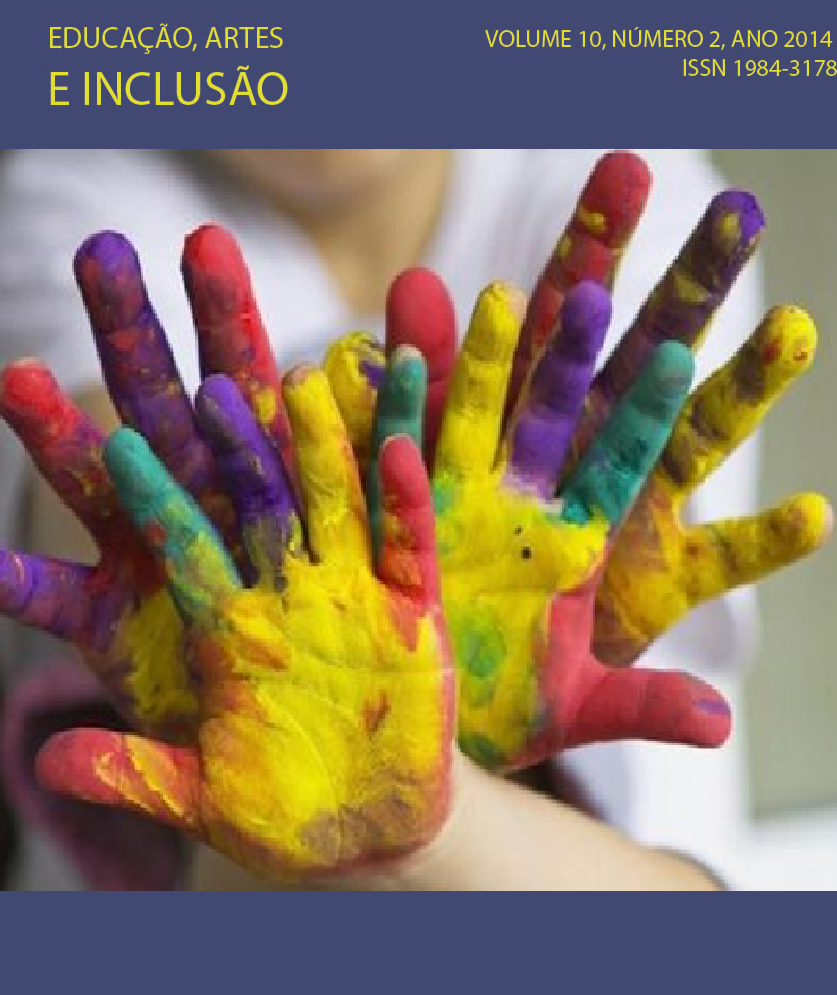SOCIABILIDADE E LIVRO DIDÁTICO: REPRESENTAÇÕES DE GÊNERO E SEXUALIDADE NO ENSINO BÁSICO
DOI:
https://doi.org/10.5965/198431781022014100Keywords:
Sexualidade, Gênero, Livro Didático, DiscursoAbstract
Analisando o Programa Nacional do Livro Didático e o PCN – Temas Transversais, busco relacionar a discussão teórica destes com alguns livros didáticos escolhidos por uma escola pública do município de Viçosa. As orientações antihomofóbicas e antisexistas são claras nos documentos citados, porém, a análise empírica dos livros mostra que suas representações discursivas e construções de mundo não contemplam a diversidade, criando uma realidade distorcida que exclui a diferença e gera desconforto para quem não se adéqua ao esperado. Através de análise do discurso presente nestes livros, percebe-se a necessidade de maior escrutínio do PNLD para aceitação dos livros que irão compor seus editais e a maior participação de membros de movimentos sociais nos assuntos que lhe dizem respeito. Dessa maneira, trilha-se para uma maior visibilização da diversidade nos livros didáticos para que o ambiente escolar permita e incentive as múltiplas expressões identitárias em nosso país.Downloads
Downloads
Published
How to Cite
Issue
Section
License
Copyright Statement
The Educação, Artes e Inclusão is a journal that follows the Free Access Policy. The articles published by the journal are free of charge, intended for educational and non-commercial applications. The articles whose authors are identified represent the expression from the point of view of their authors and not the official position of the Educação, Artes e Inclusão Journal or the Educação, Artes e Inclusão Research Group.
Authors who publish in this journal agree to the following terms:
(A) Authors retain the copyright and grant the journal the right of first publication, with the work simultaneously licensed under the Creative Commons Attribution License which allows the sharing of the work with acknowledgment of authorship and initial publication in this magazine.
(B) Authors are authorized to take additional contracts separately, for non-exclusive distribution of the version of the work published in this journal (eg publish in institutional repository or as a book chapter), with acknowledgment of authorship and initial publication in this magazine.
(C) This journal provides public access to all of its content, as this allows for greater visibility and scope of published articles and reviews. For more information on this approach, visit the Public Knowledge Project.
This journal is licensed under a Creative Commons Attribution-NonCommercial-ShareAlike 4.0 International License. This license allows others to remix, adapt and create from your work for non-commercial purposes, and although new work must give you due credit and cannot be used for business purposes, users do not have to license such derivative works under the same terms.



